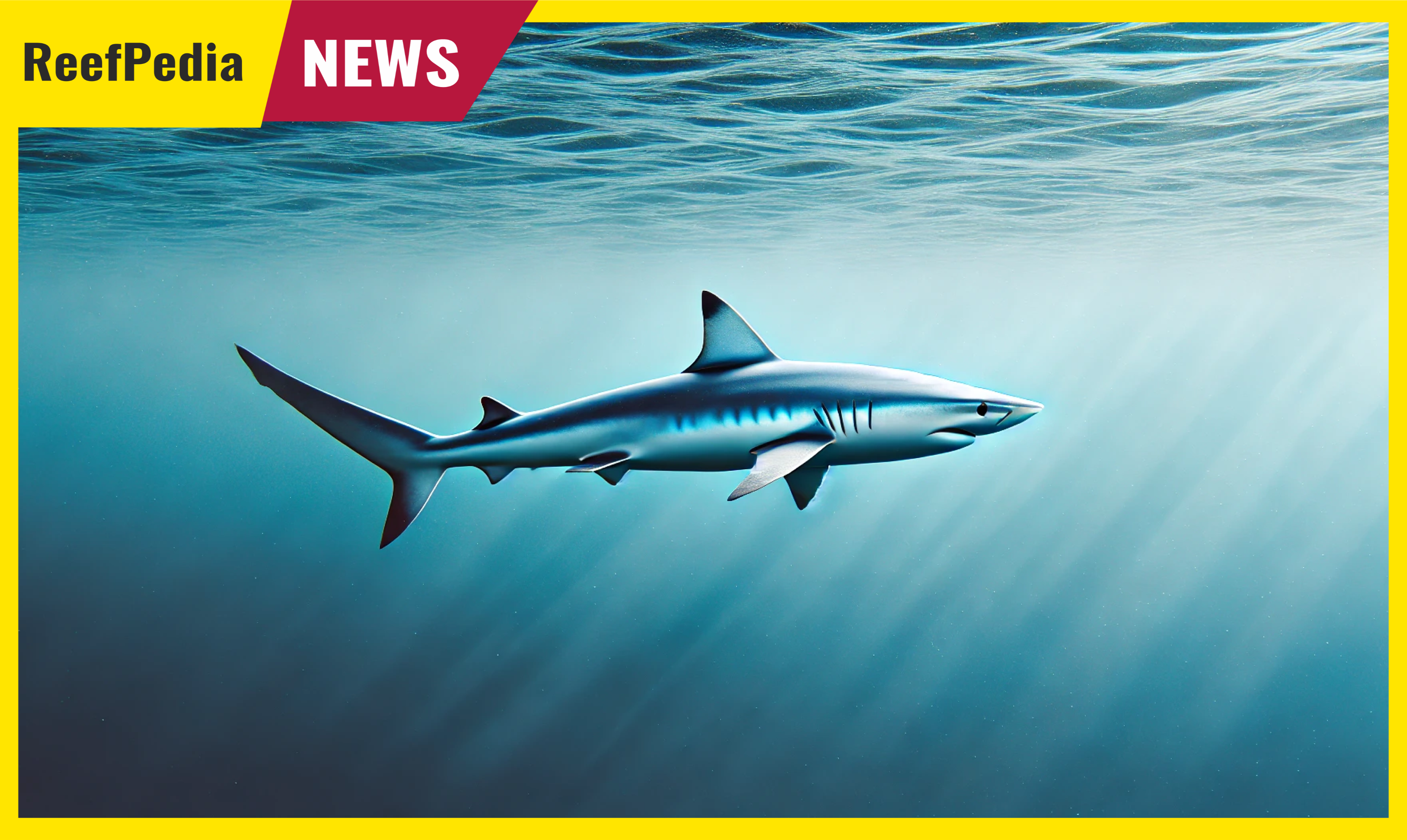Recent studies in Brazil have revealed alarming findings in the bodies of shortfin mako sharks (Isurus oxyrinchus), with an analysis of 13 individuals showing the presence of cocaine in their systems. The research indicated that the drug levels in their bodies were extremely high, exceeding values recorded in other marine creatures by up to a hundred times. This discovery highlights the issue of coastal water pollution, which is becoming increasingly noticeable in marine ecosystems worldwide.
This phenomenon is particularly alarming from a toxicology perspective, as noted by Enrico Mendes Saggioro from the Oswaldo Cruz Institute, who led the study. Sharks, as key predators in marine ecosystems, can accumulate significant amounts of pollutants, making them indicators of the water environment’s condition.
One possible source of the drug in shark bodies is the discharge of untreated sewage from urban areas and illegal drug laboratories. Additionally, drug smugglers often lose or intentionally dump their cargos into the water.
Previously, cocaine had been detected in Brazilian rivers, suggesting that similar pollution could affect larger areas. It’s also possible that the shortfin mako shark could have swallowed packages of cocaine discarded in the water, which is not uncommon on smuggling routes.
It’s important to note that the level of cocaine concentration in the bodies of shortfin mako sharks was up to 100 times higher than the results obtained for other marine creatures, indicating a serious level of pollution. Such exposure to chemical substances could have long-term effects on the health and behavior of sharks, though the exact impact on their physiology and fetal development remains unexplored.
Being at the top of the food chain, shortfin mako sharks can accumulate significant amounts of toxins in their bodies, which also poses a risk to humans, especially in regions where their meat is consumed. Therefore, the presence of cocaine in shark bodies can directly affect consumer health.
There is a noticeable need for more stringent controls and sewage treatment systems in coastal areas, as well as monitoring of pollutants in marine ecosystems. Enrico Mendes Saggioro, an ecotoxicologist from the Oswaldo Cruz Institute, emphasizes the need for broader research on the presence of cocaine and other toxins in coastal waters to better understand their impact on marine life and human health.
This study is an important contribution to understanding how human activity affects marine ecosystems, highlighting the necessity for more restrictive actions in waste management and pollution control that impact marine ecosystems.
About the author

Grzegorz Bubak
My fascination with marine aquariums began over two decades ago when I stumbled upon an article about this topic in a magazine. Since then, the underwater world has become my obsession and passion, shaping my everyday life. I started my adventure with marine aquariums with soft corals, which were my first step into this fascinating world. Over time, captivated by the diversity and beauty of SPS corals, I decided to focus on their cultivation, which continues to fill me with constant wonder.
Thanks to my experience and passion for marine aquariums, I am ready to share my knowledge and expertise with other enthusiasts in this field. I am happy to be part of the Reef Pedia community, which serves as an invaluable source of information for all marine aquarium lovers.

